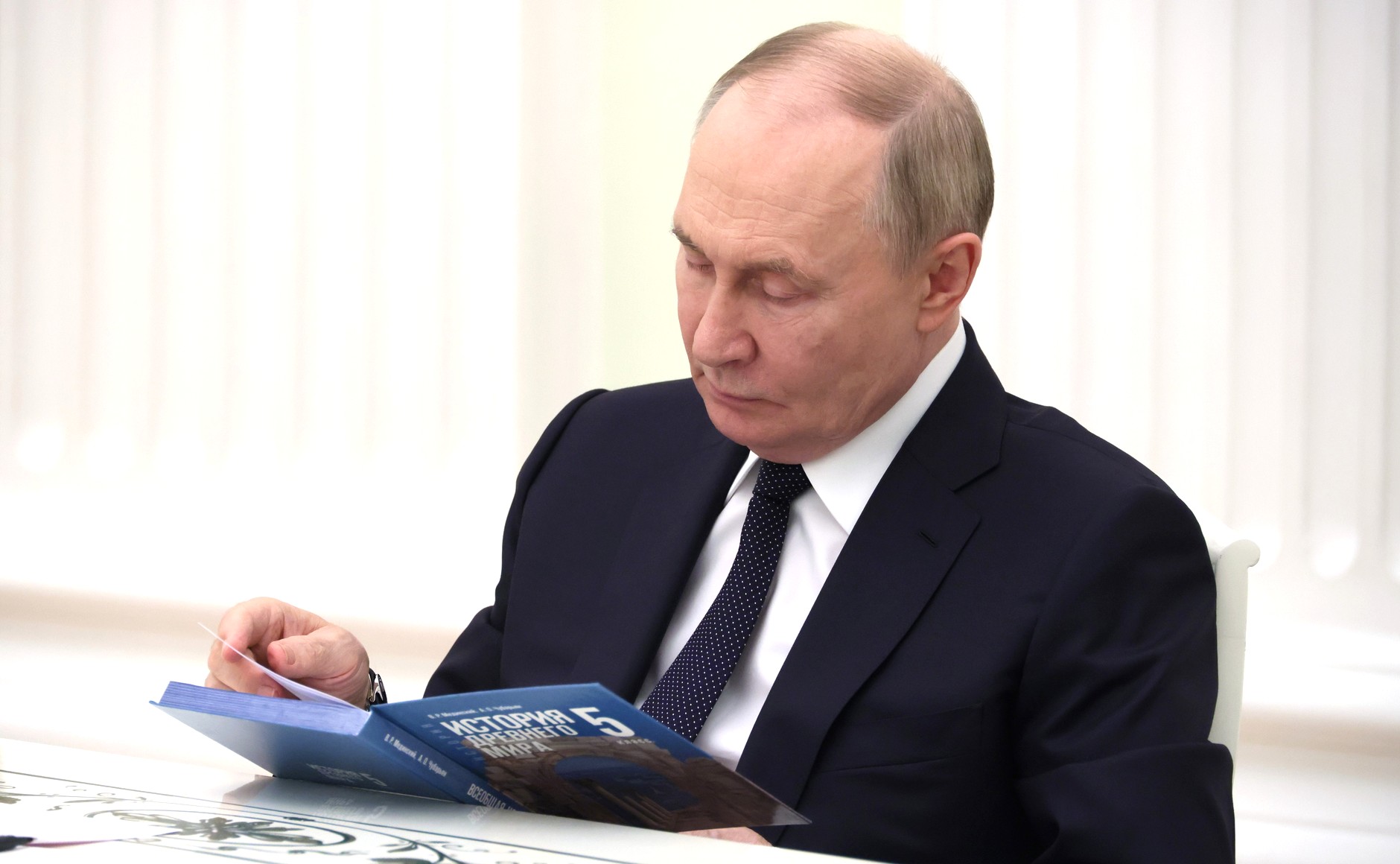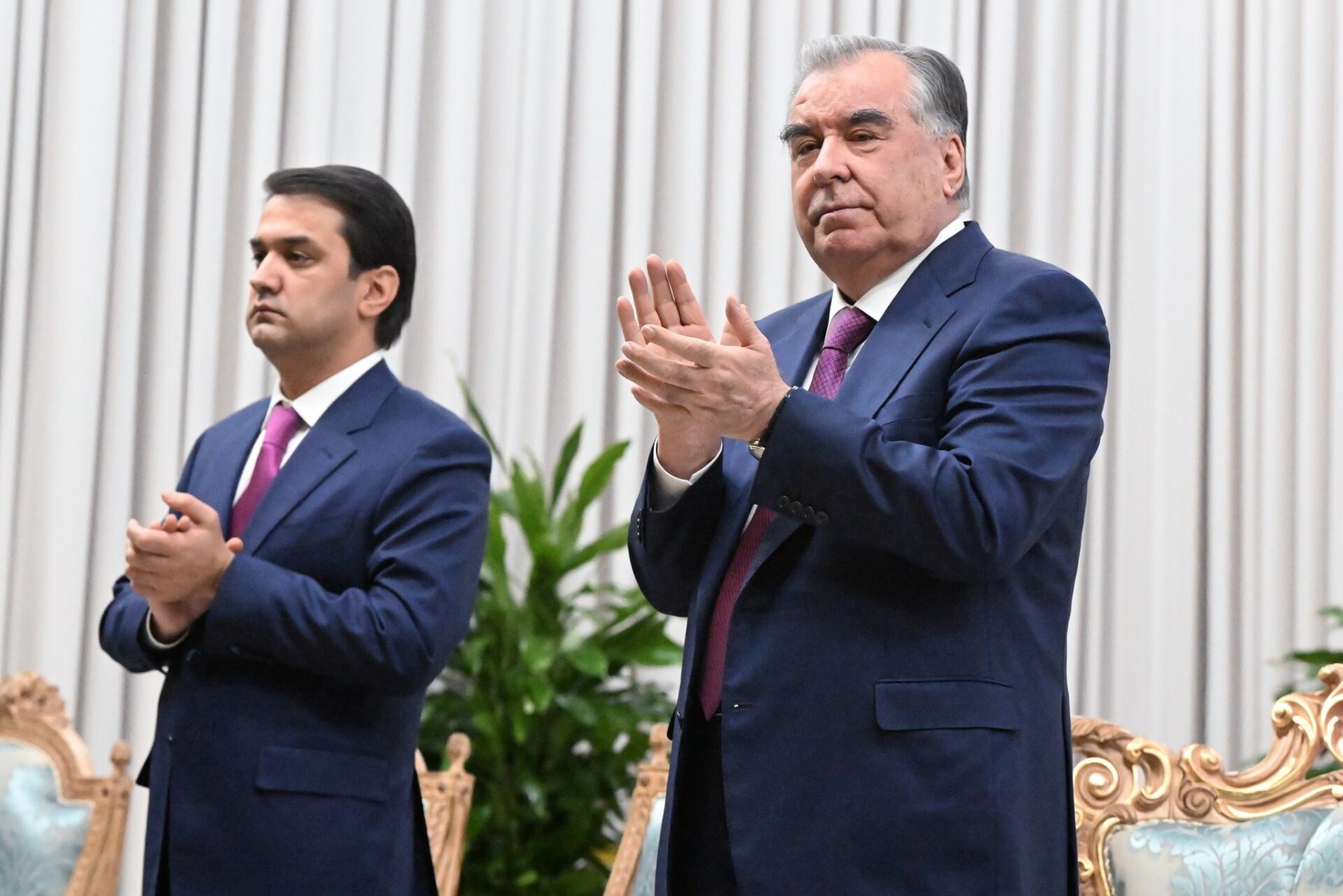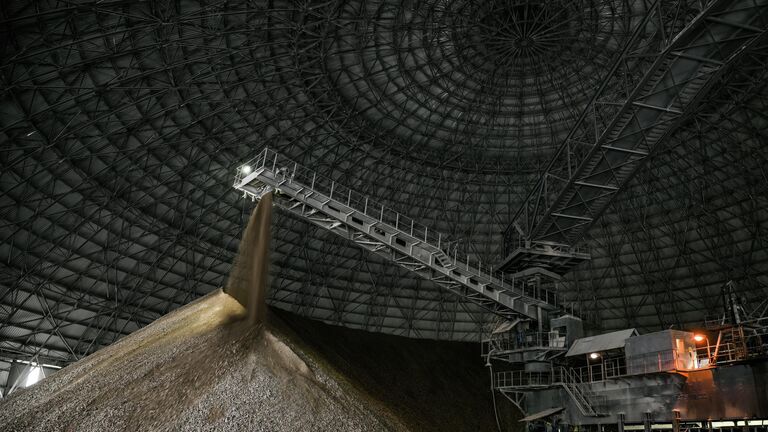NO ONE RESPONSIBLE IN MIG AIRCRAFT SALE TO NORTH KOREA?
NO ONE RESPONSIBLE IN MIG AIRCRAFT SALE TO NORTH KOREA?
On February 4, the military court of the Almaty garrison rendered its verdict in the case of the illegal sale of forty MiG-21 fighter planes to North Korea. The incident last year had caused an international scandal with reverberations in the United States, South Korea, the Czech Republic, Russia and Azerbaijan.
The court acquitted Lieutenant-General Bakhytzhan Yertaev, chief of staff of Kazakhstan’s Armed Forces, of the charges against him of complicity in the sale. The main accused–entrepreneur Aleksandr Petrenko–was “amnestied” by the court and immediately released from custody. The trial had been in progress since early January, following an investigation which ran from August to December 1999. Local observers concluded during the course of the trial that the evidence against Yertaev seemed weak, pointing perhaps to passive rather than active complicity. Yertaev himself maintained that he had provided an escort for the consignment on orders from above without being aware of its destination. Local observers concluded by the same token that the evidence against Petrenko seemed strong; it included US$1.8 million in cash of unaccounted provenance, which was found on Petrenko and was believed to be a part of the US$8 million price tag of the airplanes.
The military plant Metallist in the city of Uralsk, northwestern Kazakhstan, had been authorized back in 1997 by then Prime Minister Akezhan Kazhegeldin to sell the airplanes abroad. That authorization, however, did not specify North Korea as the prospective buyer, though in March 1999, that state did in fact, through circuitous routes, buy the planes. One consignment was intercepted in Baku, Azerbaijan aboard a giant Russian transport plane bound for the Czech Republic, where the Agroplast company in the city of Liberec was believed to serve as an intermediary for North Korea. Azerbaijan impounded the MiGs but ended up releasing them to Russia at the insistence of Moscow Mayor Yuri Luzhkov, who rushed to Baku for that purpose. Luzhkov’s intervention raised questions, which remain unanswered, about his possible role in the affair.
The forty MiGs had made their way to North Korea by August 1999, triggering indignant protests from South Korea and retaliatory economic and political steps by the United States. The incident cast a pall on Kazakh-U.S. relations. President Nursultan Nazarbaev moved to regain Washington’s confidence by dismissing his defense minister and his National Security Committee chief. He also pledged that a vigorous investigation and prosecution will be conducted into the affair. The February 4 verdict would seem to leave all the important questions unanswered; it may even raise further questions about the credibility of Kazakhstan’s military establishment, as long as no light is shed on the affair (Habar, January 17, February 4; Itar-Tass, February 4; see the Monitor, March 24-25, 30, April 21, 1999).
LIFE GETTING BETTER IN KAZAKHSTAN.


